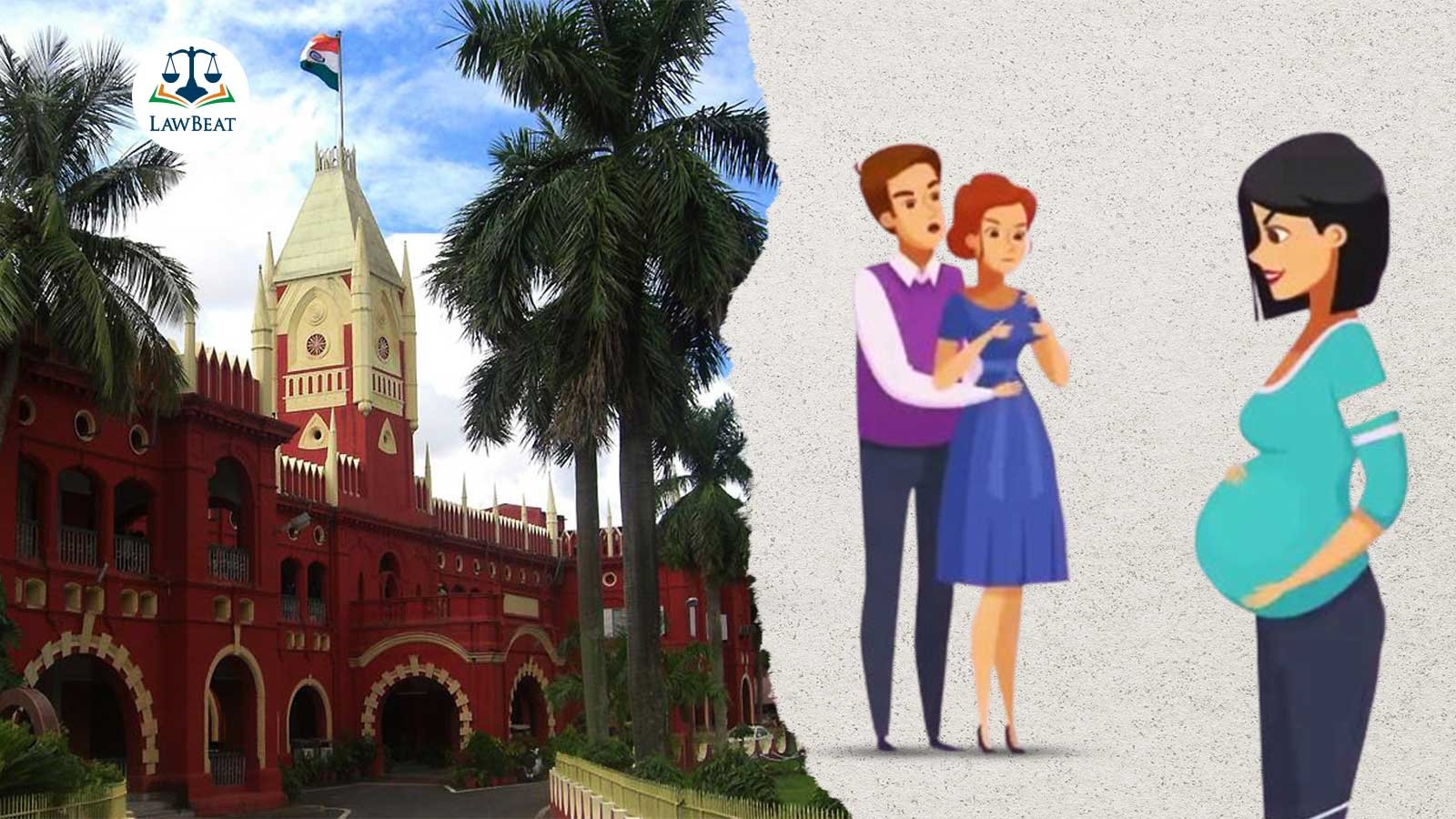Women Becoming Mother Via Surrogate Entitled to Maternity Leave: Orissa HC

The court emphasised that Maternity Benefit Act should be interpreted in an inclusive manner to encompass all forms of motherhood
The Orissa High Court has affirmed that women employees who become mothers through surrogacy are entitled to maternity leave.
The court, comprising Single Bench of Justice Sanjeeb Kumar Panigrahi stated, “Maternity leave should be granted to employees who become mothers through surrogacy to ensure equal treatment and support for all new mothers, irrespective of how they become parents. Additionally, the initial period after the birth of a child is crucial for the mother's involvement in caregiving and nurturing, which is pivotal for the child's development.”
The case involved the petitioner, serving as the Joint Director (Accounts) at Gopabandhu Academy of Administration, sought maternity leave from October 25, 2018, to April 22, 2019, after attaining motherhood through surrogacy on October 20, 2018. Following this, she applied for earned leave from April 23, 2019, to September 9, 2019, and resumed her duties on September 10, 2019. Her leave applications were forwarded to the Finance Department for approval.
However, the Finance Department's Under Secretary requested a review of the leave's validity under the current government servant leave rules, noting the absence of provisions for leave for women who become mothers through assisted reproductive technology or surrogacy. Aggrieved by this, the petitioner approached the High Court.
The court emphasised that “Maternity Benefit Act, 1961, which aims to protect the employment of women during maternity and ensure their full health, should be interpreted in an inclusive manner that encompasses all forms of motherhood.”
The Court noted that under Rule 194 of the Odisha Service Code, women employees are entitled to 180 days of maternity leave, a benefit extended to those who adopt a child up to one year of age. However, there is no similar provision for women who become mothers through surrogacy.
The Court referenced the Rajasthan High Court's decision in ‘Smt. Chanda Keswani v. State of Rajasthan’, which recognised surrogacy under the Assisted Reproductive Technology (Regulations) Act, 2021, and ruled that maternity leave should be granted to women who have children through surrogacy.
“Recognizing and supporting surrogacy as a legitimate means of becoming a parent aligns with India's progressive stance on reproductive rights and gender equality. Providing maternity leave for these mothers ensures that they have the necessary time to create a stable and loving environment for their child, promoting the well-being of both the mother and the child,” the court said.
Additionally, the Court referred to the Supreme Court's decision in ‘Anuj Garg v. Hotel Association of India’, underscoring “that the rules and regulations in force should be interpreted in light of advancements in medical science and changes in societal conditions.”
Conclusively, the court ruled in favour of the petitioner stating that “right to life under Article 21 of the Constitution includes the right to motherhood and also, the right of every child to full development. If the Government could provide maternity leave to an adoptive mother, it would be wholly improper to refuse to provide maternity leave to a mother who had begotten a child through surrogacy procedure after implanting an embryo created by using either the eggs or sperm of the intended parents in the womb of surrogate mother.”
As a result, the Court directed the State to grant 180 days of maternity leave to the petitioner and mandated the incorporation of provisions for maternity leave for commissioning mothers in the Rules.
Cause Title: Supriya Jena v State of Odisha & Ors. [W.P.(C) No.30616 of 2020]
